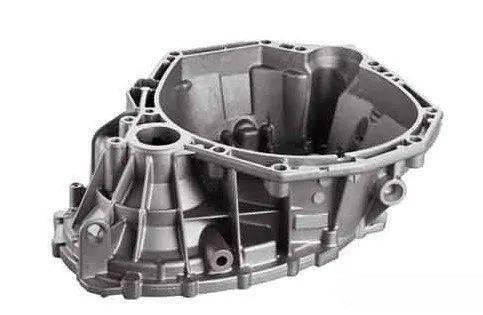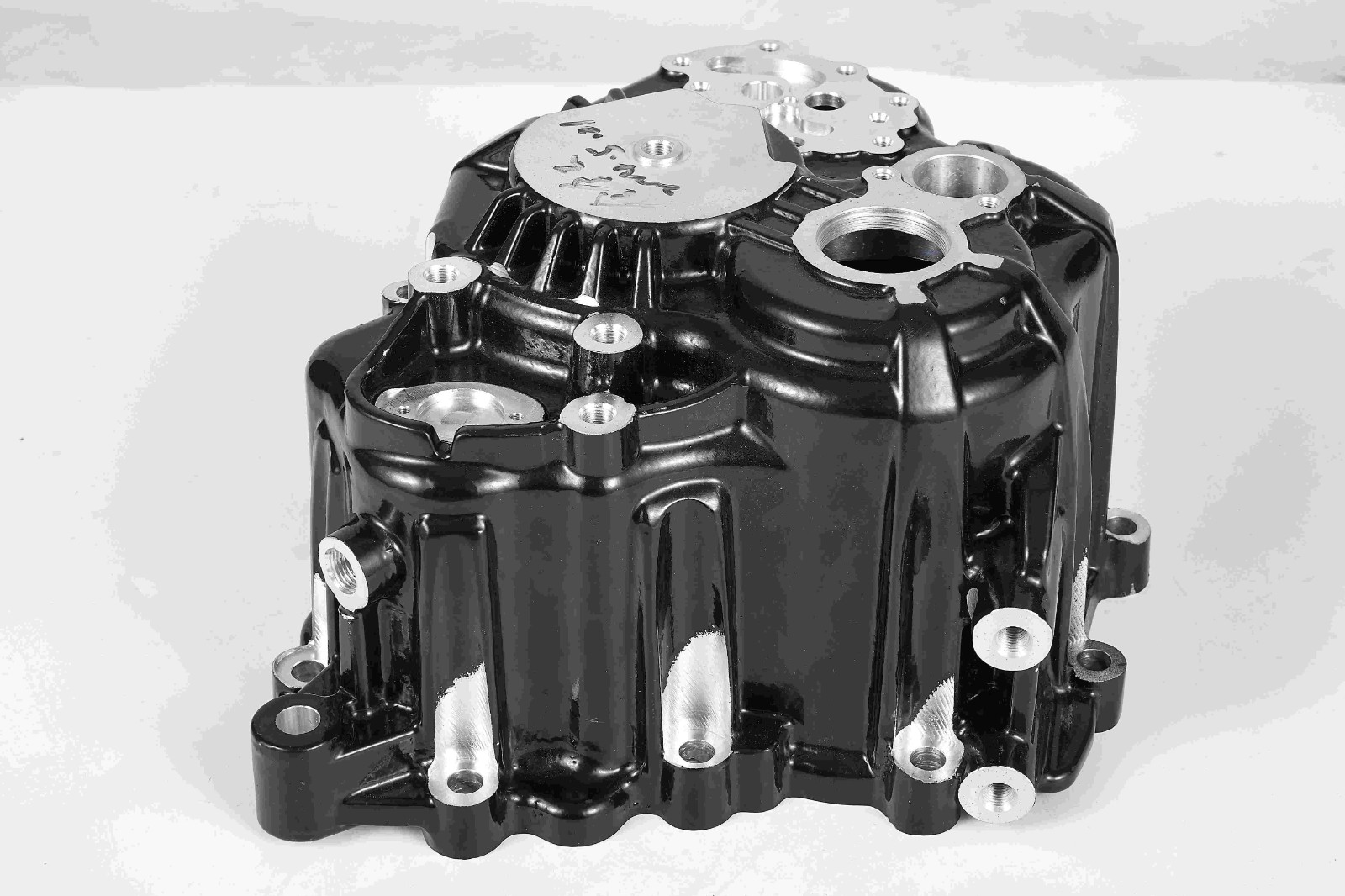Comparative Analysis of Aluminum and Magnesium Die Casting: Advantages, Disadvantages, Surface Treatments, and Applications
Die casting is a widely utilized manufacturing process in which molten metal is injected into a mold cavity under high pressure. This technique is particularly favored for producing complex shapes with high precision and excellent surface finish. Among the various metals used in die casting, aluminum and magnesium stand out due to their unique properties and applications. This article provides a detailed comparison of aluminum and magnesium die casting, highlighting their similarities, differences, advantages, disadvantages, surface treatment processes, and applications across various industries.

Similarities Between Aluminum and Magnesium Die Casting
1. Process Efficiency: Both aluminum and magnesium die casting benefit from the efficiency of the die casting process itself. The high-pressure injection allows for rapid production cycles, making it suitable for high-volume manufacturing.
2. Complex Geometry: Both materials can be cast into intricate shapes with tight tolerances, which is essential for components requiring precision and complexity.
3. Surface Finish: Die cast parts made from both materials typically have excellent surface finishes that often require minimal post-processing.
Differences Between Aluminum and Magnesium Die Casting
1. Material Properties:
- Density: Magnesium is lighter than aluminum, with a density of approximately 1.74 g/cm³ compared to aluminum's 2.70 g/cm³. This makes magnesium ideal for applications where weight reduction is crucial.
- Strength and Hardness: Aluminum generally offers higher tensile strength and hardness compared to magnesium, making it preferable for applications demanding structural integrity.
2. Thermal Conductivity: Aluminum has better thermal conductivity than magnesium, which can be advantageous in applications involving heat dissipation.
3. Corrosion Resistance: Aluminum exhibits better corrosion resistance compared to magnesium, which is more susceptible to galvanic corrosion when in contact with other metals.
Advantages of Aluminum Die Casting
1. Strength-to-Weight Ratio: Aluminum provides a favorable balance of strength and weight, making it suitable for robust yet lightweight components.
2. Corrosion Resistance: Its natural resistance to corrosion extends the lifespan of components in harsh environments.
3. Recyclability: Aluminum is highly recyclable, contributing to sustainable manufacturing practices.
4. Thermal Conductivity: Ideal for heat exchangers and electronic housings due to its ability to efficiently conduct heat away from critical components.
Disadvantages of Aluminum Die Casting
1. Cost: The initial cost of aluminum die casting can be higher due to the expense of raw materials and tooling.
2. Density: Although lighter than many metals, aluminum is heavier than magnesium, limiting its use in ultra-lightweight applications.
Advantages of Magnesium Die Casting
1. Weight Reduction: Magnesium's low density makes it a prime choice for applications where minimizing weight is essential, such as in automotive and aerospace industries.
2. Machinability: Magnesium is easier to machine than aluminum, reducing manufacturing time and costs.
3. Damping Properties: It offers excellent vibration damping characteristics, beneficial for reducing noise and improving comfort in automotive applications.
Disadvantages of Magnesium Die Casting
1. Corrosion Susceptibility: Magnesium requires protective coatings or treatments to prevent corrosion, especially in environments with exposure to moisture or other metals.
2. Cost of Production: While magnesium itself can be less expensive than aluminum, the additional cost of corrosion protection may offset these savings.
3. Lower Strength: Magnesium generally has lower tensile strength compared to aluminum, limiting its use in high-stress applications.
Surface Treatment Processes
Both aluminum and magnesium die castings can undergo various surface treatments to enhance their properties:
1. Anodizing (Aluminum): This electrochemical process increases corrosion resistance and allows for coloring the surface for aesthetic purposes.
2. Chromate Conversion Coating (Magnesium): Provides corrosion protection by forming a protective layer on the surface.
3. Powder Coating (Both): Offers durable surface protection with a wide range of color options and finishes.
4. Painting (Both): Provides aesthetic appeal and additional corrosion resistance.
5. Electroplating (Both): Involves depositing a metal layer on the surface to improve wear resistance and appearance.

Applications Across Industries
- Aluminum: Used for engine blocks, transmission cases, wheels, and structural components due to its strength and thermal properties.
- Magnesium: Employed in steering wheels, seat frames, and dashboard panels for weight reduction and improved fuel efficiency.
2. Aerospace Industry:
- Aluminum: Essential for aircraft structures, wings, and fuselage components where strength-to-weight ratio is critical.
- Magnesium: Used in non-structural components such as seating frames and interior panels for weight reduction.
3. Electronics Industry:
- Aluminum: Ideal for heat sinks and housing cases due to its thermal conductivity.
- Magnesium: Used in lightweight enclosures and frames for portable devices.
4. Consumer Goods:
- Aluminum: Utilized in cookware, sports equipment, and furniture for its durability and aesthetic appeal.
- Magnesium: Applied in lightweight luggage frames and electronic casings for portability.
In conclusion, both aluminum and magnesium die casting offer distinct advantages tailored to specific applications across various industries. While aluminum excels in strength, corrosion resistance, and thermal properties, magnesium stands out for its lightweight nature and damping capabilities. Understanding the unique attributes of each material allows manufacturers to make informed decisions based on the requirements of their products, optimizing performance while considering cost-effectiveness and sustainability.
Dongrun Casting has 20000 square meters of facility houses and 200 production & test equipment, From quotation and tooling design to casting and finished machining, we can work with you at every stage. We serve a wide range of industries-from Fortune 500 corporations to small and midsize OEMs. Our products include Automotive&trucking, Electric Utility & Communications, Metering Systems, the Hydraulic Industry, Medical Devices, Lighting, Fuel and Gas Pressure, and Furniture parts.
More Details: www.dongruncasting.com
